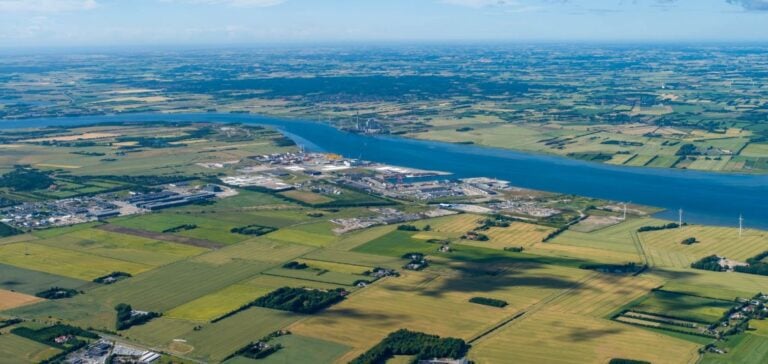Norne Carbon Storage Hub, a portfolio company of Fidelis New Energy, LLC, has signed a 30-year exclusive agreement with the Port of Aalborg for the operation of a large-scale carbon dioxide reception infrastructure. The partnership includes a grant from the European Union’s Connecting Europe Facility (CEF), a programme aimed at accelerating the development of strategic cross-border energy infrastructure.
The project’s initial phase is designed to process 15 mn tonnes of CO2 annually. The European grant will co-finance the construction of a new 500-metre quay in the port, representing 60,000 square metres of operational area. This site will serve as an entry point for CO2 captured in Denmark and the surrounding region, directed towards onshore or nearshore storage, as well as industrial applications involving beneficial use.
Technical progress and strategic status
Norne has completed front-end engineering and design (FEED) studies for all facilities, including a connecting pipeline to nearby storage sites. Environmental and ecological assessments have also been carried out. In 2023, the project received the designation of “Project of Common Interest” (PCI) from the European Commission, a status that expedites permitting by facilitating the environmental impact assessment process.
The PCI status also enables Norne to apply for additional grants under the CEF programme to support future development phases across the CO2 value chain. The construction of the new quay will mark the start of operational deployment of the storage hub, consolidating the Port of Aalborg’s role as a central point in Denmark’s carbon capture and storage infrastructure.
Industrial outlook and regional role
Kristian Thulesen Dahl, Chief Executive Officer of the Port of Aalborg, stated: “We are very pleased to continue the work we have carried out with Fidelis and Norne since 2021 to position the Port as a strategic centre for CO2 storage. This collaboration represents a growth lever to attract new industries.”
Lars Bo Christiansen, President of Norne, added that the company aims to expand its current capacity and welcome industrial projects requiring decarbonisation solutions. He highlighted ongoing cooperation with European institutions and the Danish government.






















